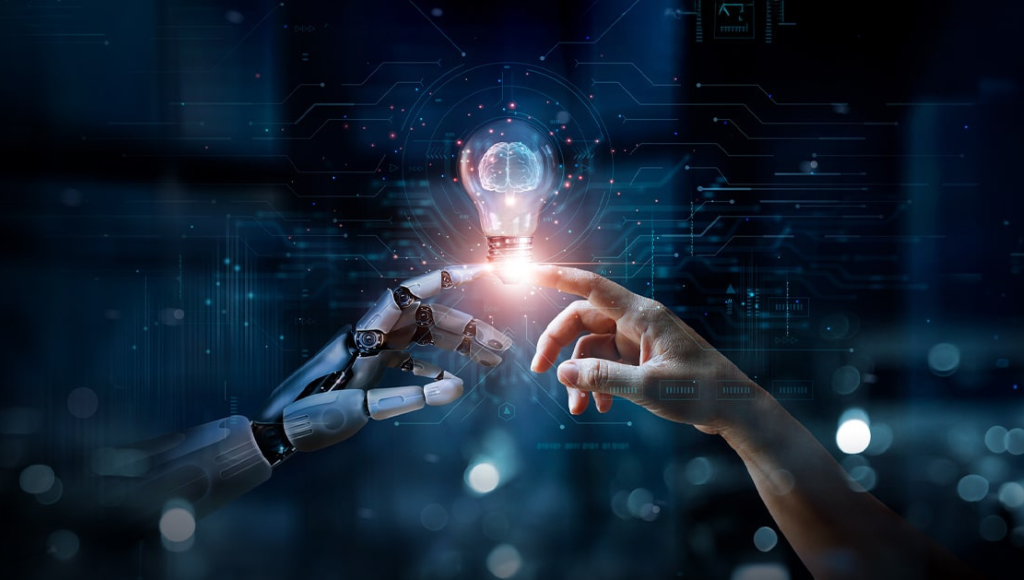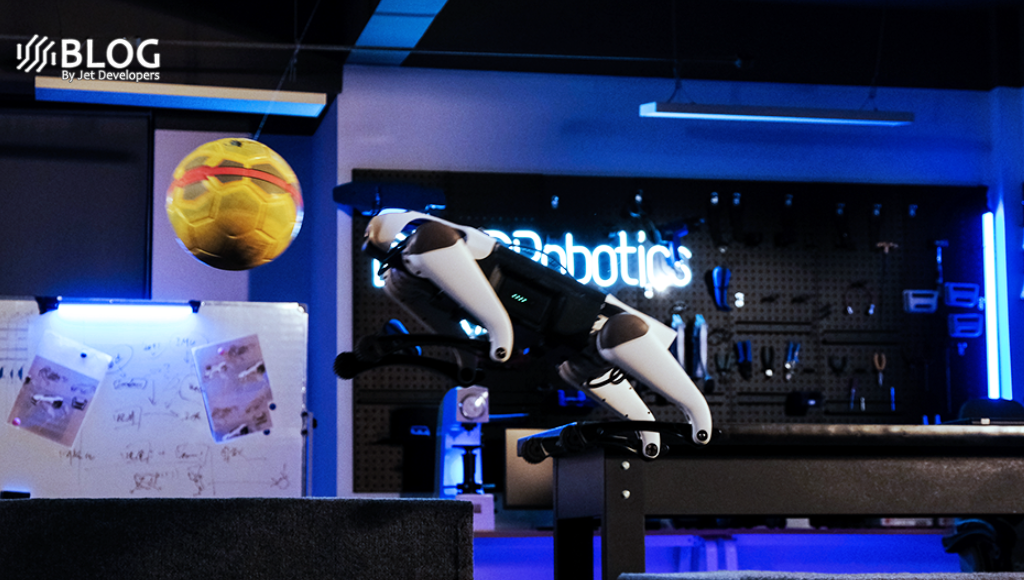In today’s rapidly evolving technological landscape, the impact of artificial intelligence (AI) is undeniable. From revolutionizing industries to fundamentally changing how we live and work, AI’s transformative power is reshaping the world as we know it. In this blog post, we’ll delve into the far-reaching effects of AI across various sectors and explore how it influences our daily lives. Let’s uncover the profound impact of artificial intelligence and its implications for the future.
AI in Healthcare

One of the most promising applications of AI is in healthcare. AI-powered diagnostic tools, predictive analytics, and personalized treatment plans are enhancing patient care and revolutionizing medical research. Machine learning algorithms can analyze vast amounts of medical data to identify patterns, diagnose diseases, and predict patient outcomes with unprecedented accuracy.
AI in Finance
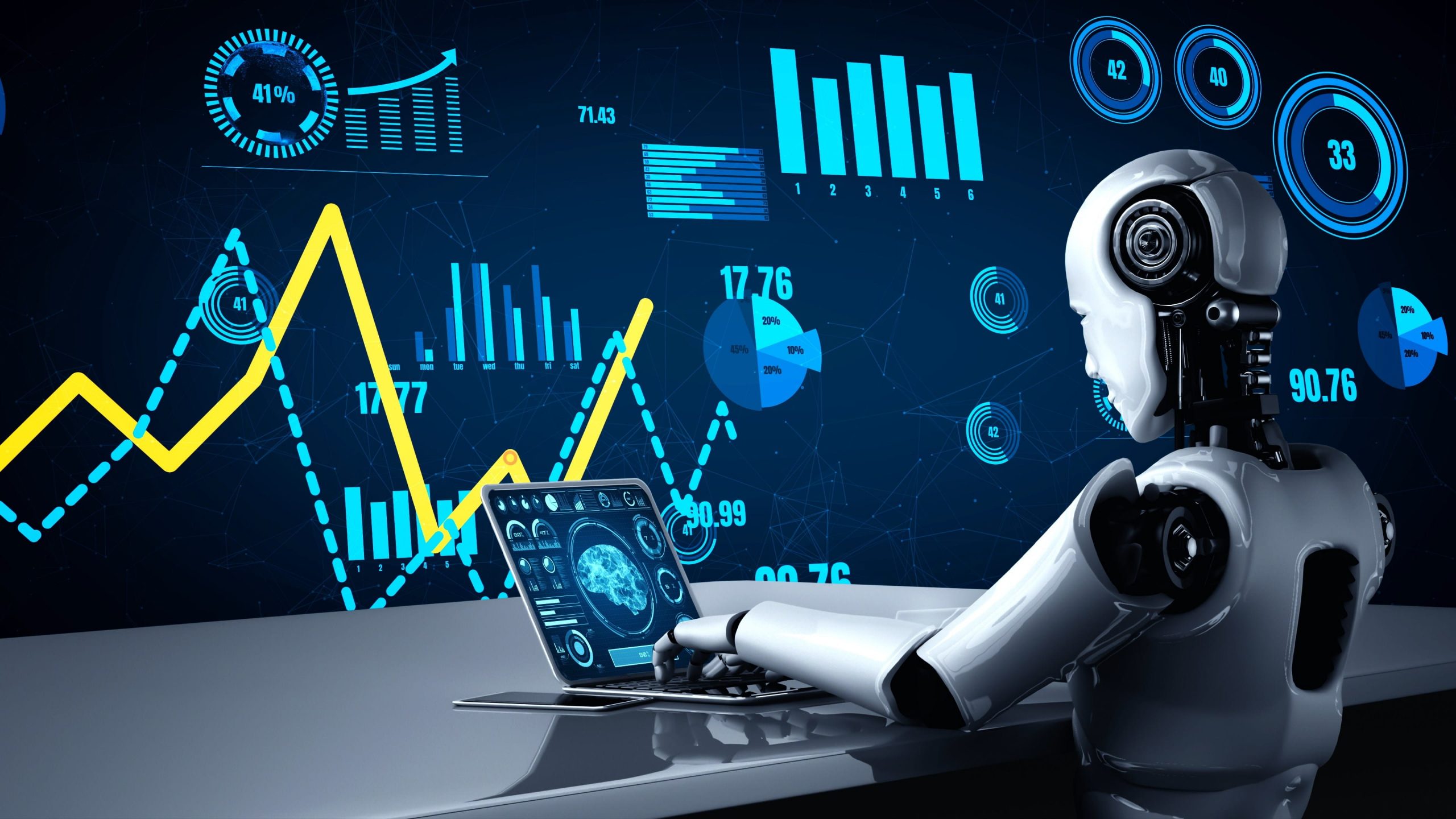
In the financial sector, AI is transforming processes such as fraud detection, risk assessment, and algorithmic trading. Advanced AI algorithms can analyze market trends, optimize investment portfolios, and automate routine tasks, leading to increased efficiency and better decision-making.
AI in Transportation

The advent of autonomous vehicles and smart transportation systems is reshaping the way we commute and travel. AI-powered navigation systems, traffic management solutions, and ride-sharing platforms are making transportation safer, more efficient, and environmentally friendly.
AI in Retail
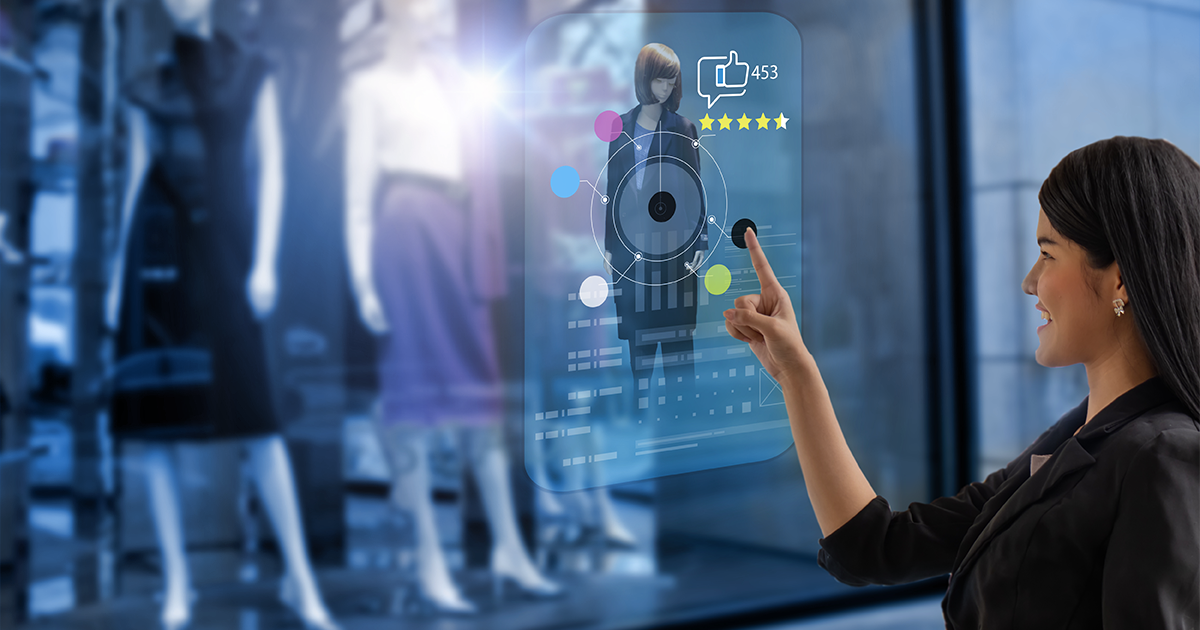
In retail, AI is driving personalized shopping experiences, predictive inventory management, and targeted marketing campaigns. Retailers are leveraging AI algorithms to analyze customer preferences, optimize pricing strategies, and enhance the overall shopping journey both online and offline.
AI in Manufacturing

AI-powered automation and robotics are revolutionizing the manufacturing industry, leading to increased productivity, quality, and agility. Smart factories equipped with AI-driven systems can optimize production processes, predict equipment failures, and adapt to changing market demands in real-time.
AI in Education
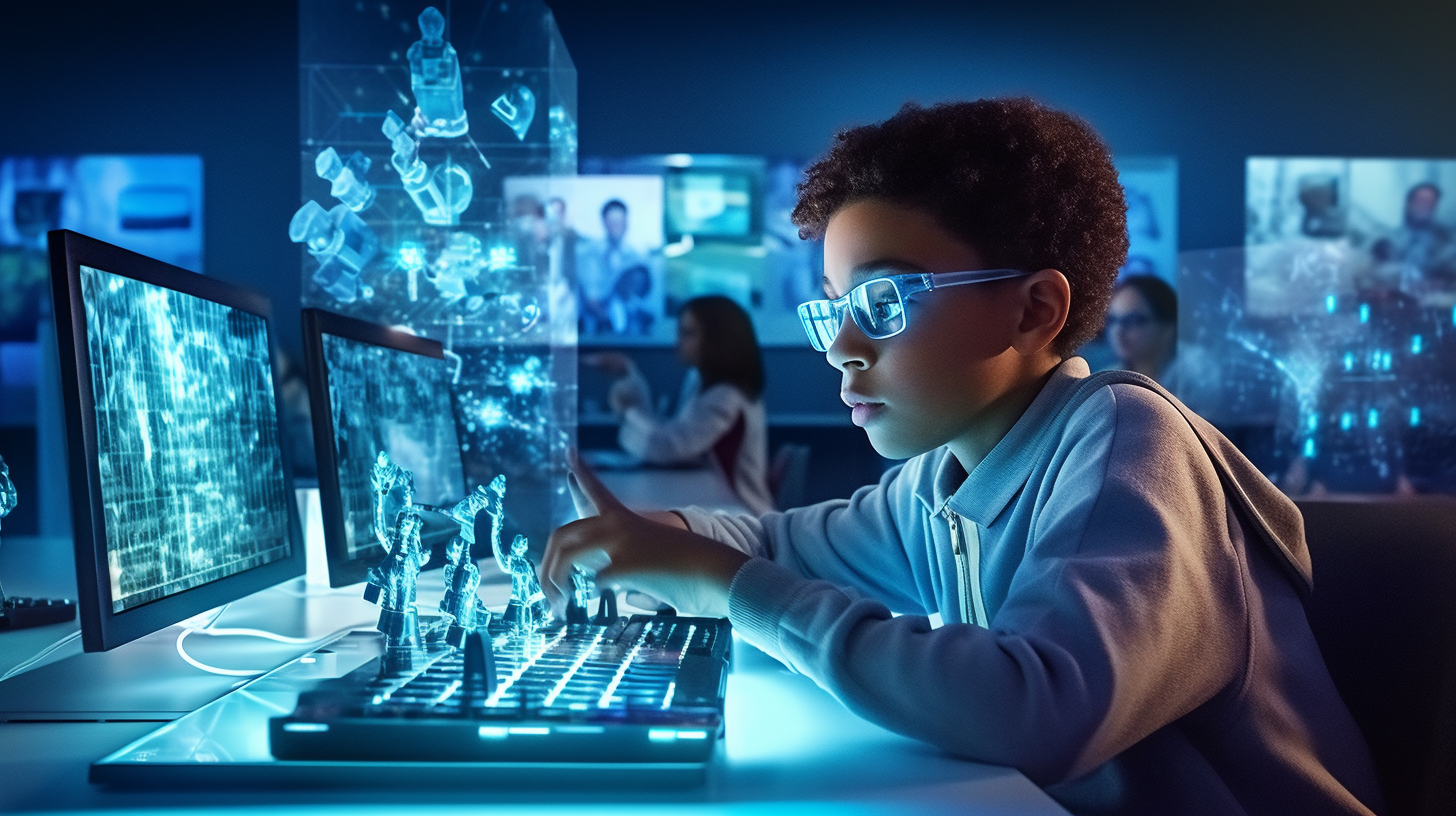
In education, AI is transforming the way students learn and educators teach. Adaptive learning platforms, virtual tutors, and intelligent tutoring systems are personalizing education experiences, identifying individual learning needs, and improving learning outcomes.
AI in Entertainment
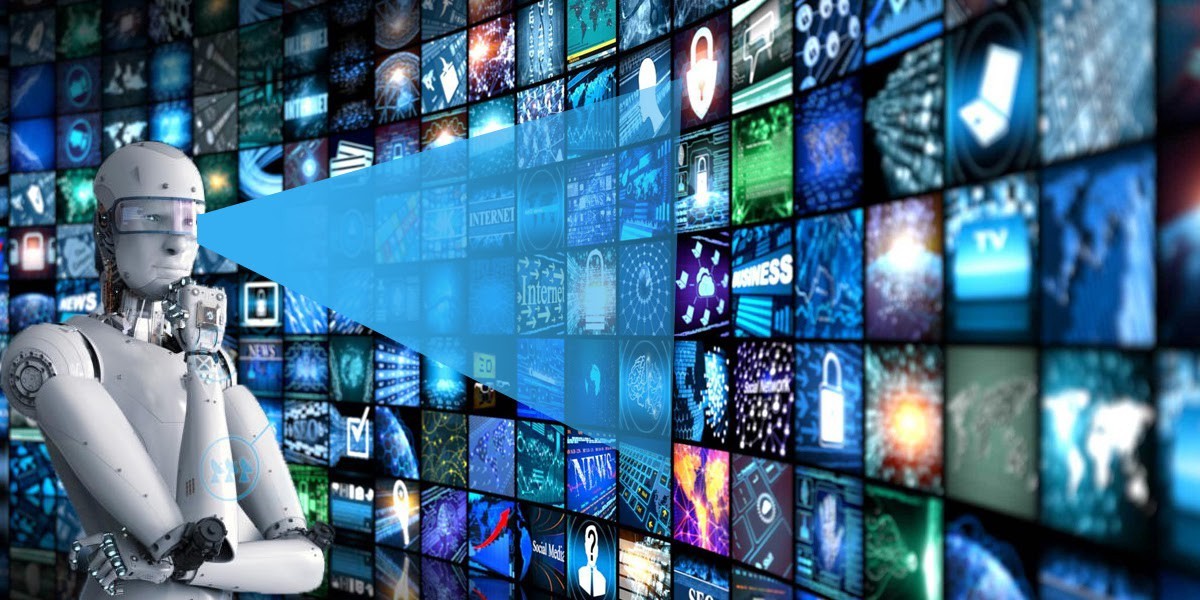
AI algorithms are powering recommendation systems, content creation tools, and immersive experiences in the entertainment industry. Streaming platforms use AI to curate personalized content recommendations, while AI-generated art and music are pushing the boundaries of creativity and expression.
AI in Agriculture

In agriculture, AI technologies such as precision farming, crop monitoring, and predictive analytics are optimizing agricultural practices and addressing food security challenges. AI-driven solutions can analyze soil health, optimize irrigation schedules, and predict crop yields to maximize agricultural productivity.
AI in Cybersecurity

As cybersecurity threats continue to evolve, AI is playing a crucial role in detecting and mitigating cyber risks. AI-powered threat detection systems can analyze network traffic, identify suspicious behavior, and respond to security incidents in real-time, strengthening cyber defenses and protecting sensitive data.
Ethical and Societal Implications
While AI offers immense potential for innovation and progress, it also raises important ethical and societal considerations. Issues such as data privacy, algorithmic bias, and job displacement require careful consideration and proactive measures to ensure that AI technologies are developed and deployed responsibly.
In conclusion, the future of AI holds tremendous promise for transforming industries and impacting our everyday lives in profound ways. From healthcare and finance to transportation and entertainment, AI-driven innovations are reshaping the world we live in, offering new opportunities for growth, efficiency, and improvement. However, it is essential to address ethical and societal concerns and ensure that AI technologies are developed and used in a manner that benefits society as a whole. As we continue to harness the power of AI, it is crucial to approach its development and deployment with careful consideration and responsible stewardship.



